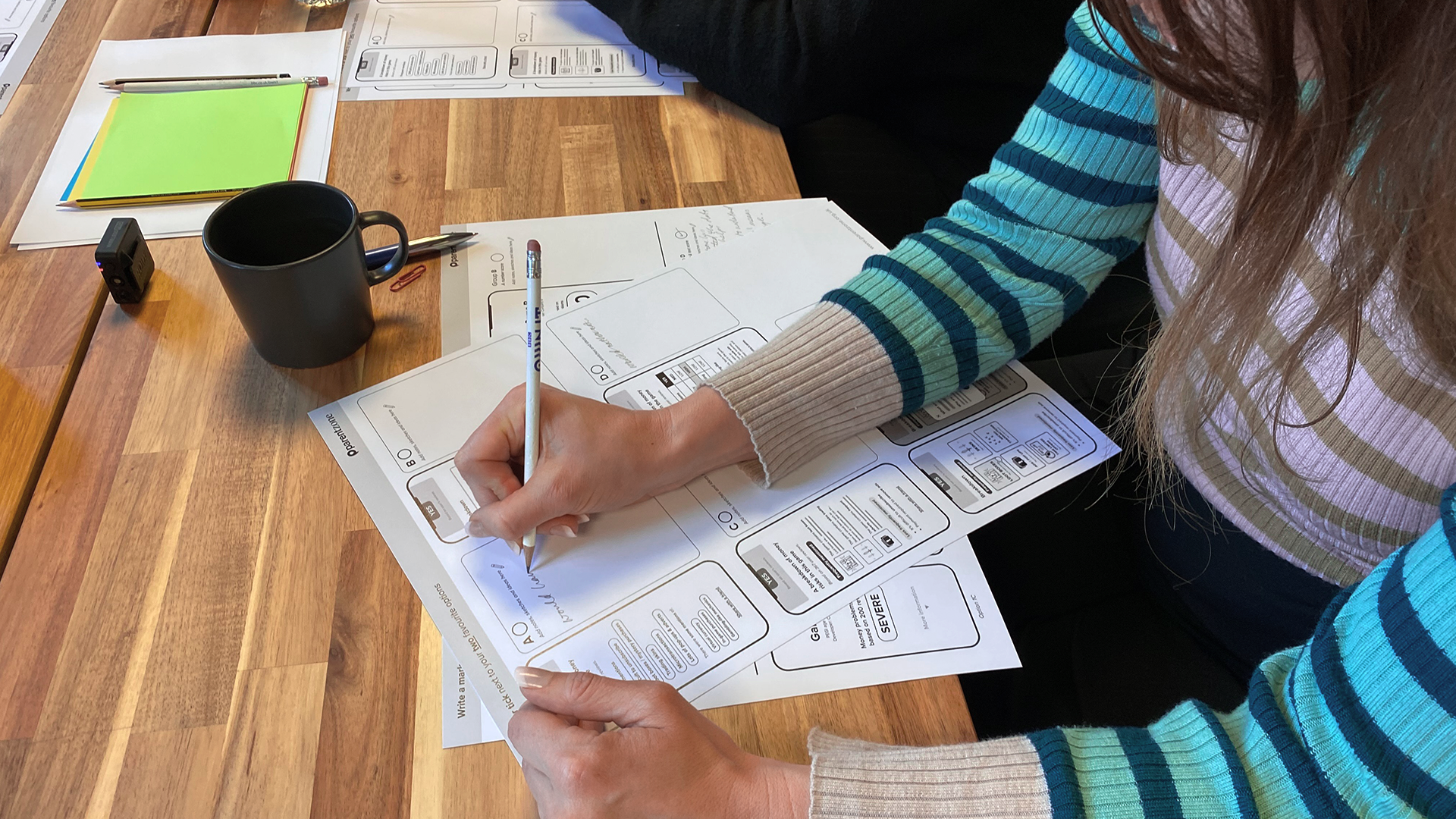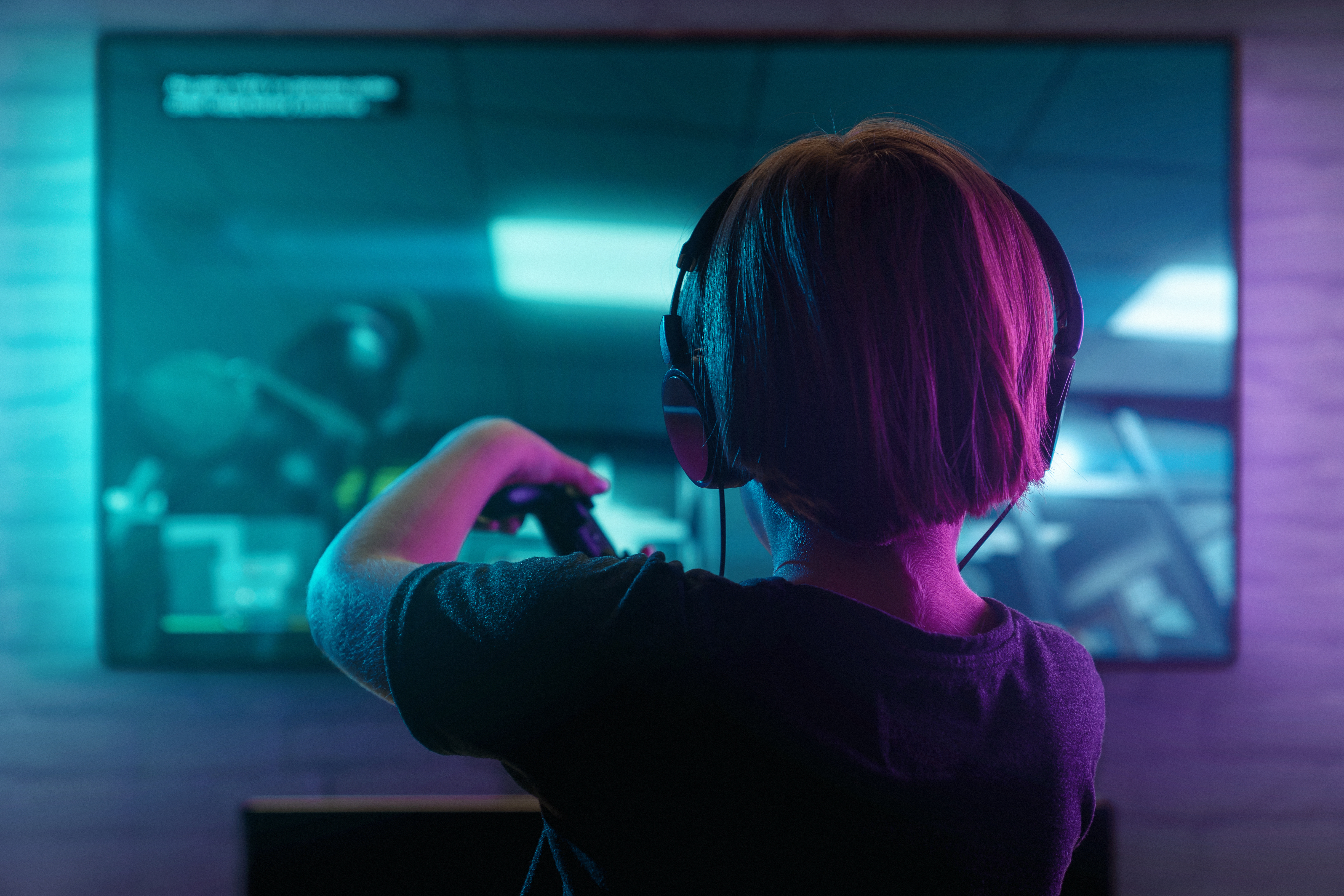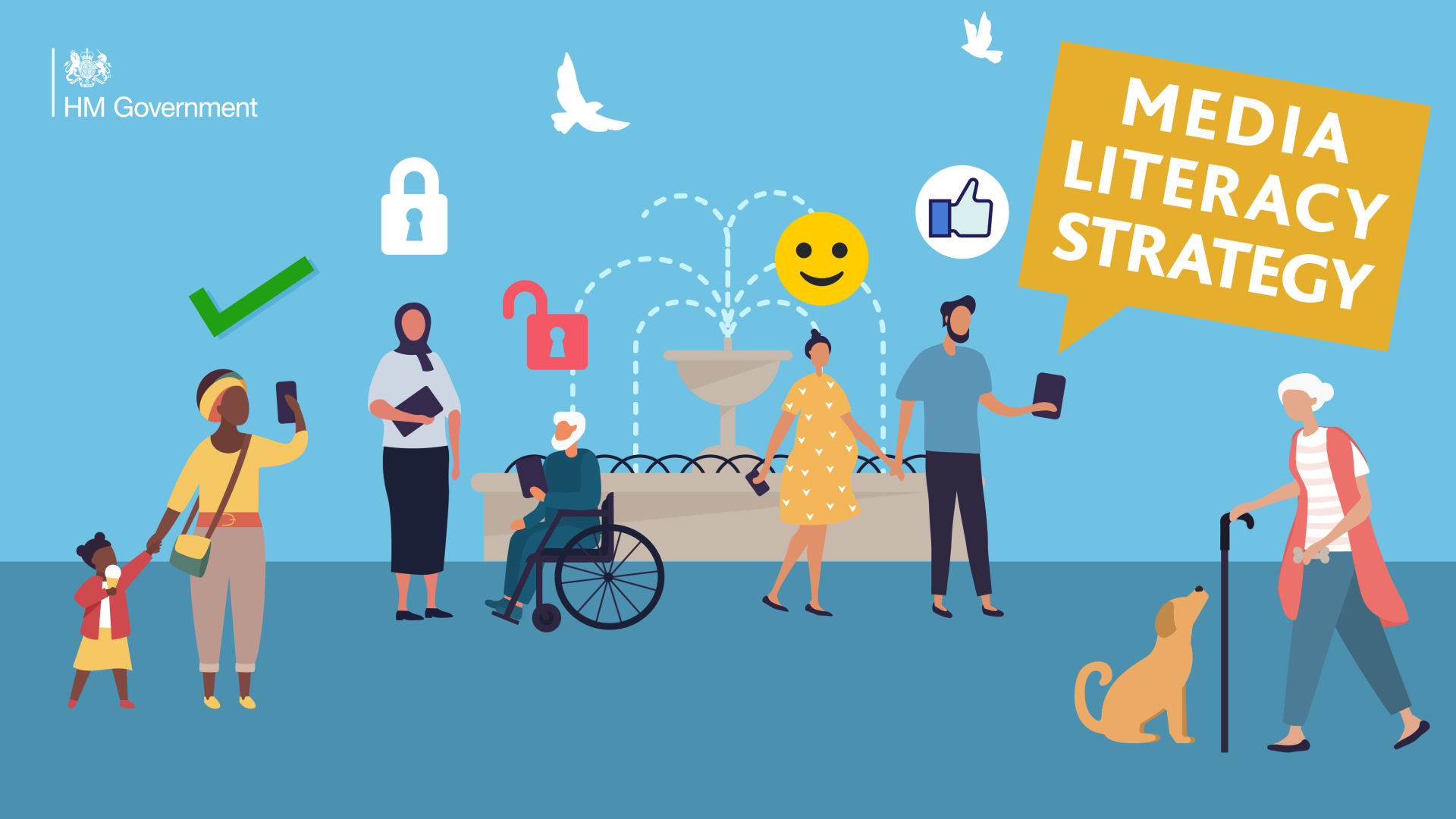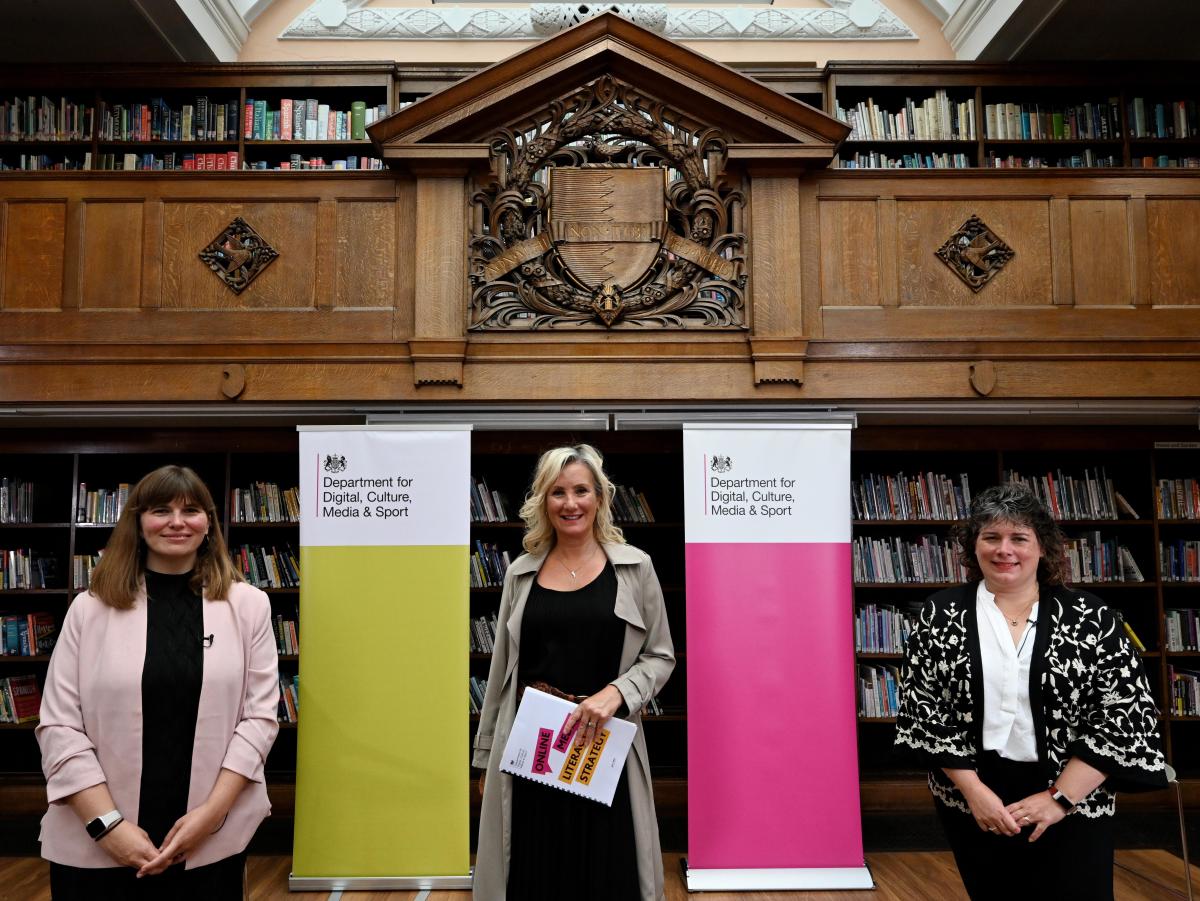What does the UK online media literacy strategy mean for families?
The Department for Digital, Culture, Media and Sport (DCMS) has announced a new UK online media literacy strategy – aiming to support a wider understanding and awareness of the online landscape and how we consume content.
At Parent Zone, we have consistently called for better support for all children and parents to provide the skills needed to get the most out of being online – as outlined in our recent report into Digital Poverty. We welcome this new strategy as a step in the right direction.
So why has this strategy come about – and how does the UK government plan to implement over it the next three years? Our guide explains what it means for families – as well as educators and family professionals.
![]()
What is ‘media literacy’?
As the blur between online and offline life increases, it’s important that we all develop an understanding of how various platforms work, how to use them and how to critically analyse the content we find on them. This is known as media literacy: the extent to which we access, use and understand media platforms such as television, the internet and mobile phones.
The DCMS publishes annual reports on media literacy levels in adults and children. Under this new strategy, it has announced it will also publish annual Media Literacy Action Plans – outlining specific initiatives it intends to implement over the coming year.
While media literacy is a devolved issue, the strategy aims to benefit users across the UK.
What does the new strategy aim to do – and why?
The new strategy is designed to be about collaboration and collective action: complementing the work organisations like ours are already doing to improve media literacy (see below). It also aims to address gaps and reduce barriers for organisations working towards improving media literacy.
The strategy sets out five principles – essentially key skills and knowledge that show what strong media literacy looks like. These include understanding:
-
how personal data can be used by others and taking action to protect it
-
how the online environment operates and using this to make informed decisions
-
how online content is created and how to critically analyse it
-
how online actions have offline consequences
-
how to contribute positively online while understanding the risks of engaging with others.
Caroline Dineage, Minister of State for Digital and Culture, said, “Through the Media Literacy Strategy we will channel the efforts of dedicated UK organisations and bring the fight to fake news by making the young, vulnerable and wider online community more resistant and resilient.”
How will it impact families?
The online world touches every aspect of our daily lives and interactions, making it vital that we all develop strong media literacy. While elements of media literacy are woven into some school PSHE and computing curricula, the new DCMS strategy plans to make media literacy even more wide-reaching, to help a wider upskilling of parents and children – and the educators and professionals who work with them.
Vicki Shotbolt, founder and CEO of Parent Zone, said, "In a world where school, social, work and family life is increasingly lived online, having the right skills and knowledge is vital to ensure all parents and children are able to explore everything the online world has to offer confidently and safely.
“The Online Media Literacy Strategy is an ideal opportunity to ensure people of all generations and backgrounds are supported to thrive online, and we look forward to continuing to work with government to build on the progress made so far with this important initiative."
Listen to Parent Zone's podcast, Tech Shock.
What will happen next?
We, along with many other organisations, will continue to work with the DCMS to support the strategy as it is implemented across the UK.
A range of Parent Zone resources have been highlighted to support the development of media literacy for families, which are available for educators and family professionals to support the development of media literacy in their family communities.
These include the Be Internet Legends programme, in partnership with Google, Digiworld, in partnership with Telenor and our Resilient Families programme – which promote the education of digital resilience.
You can find a full range of online media literacy resources endorsed by the Department for Digital, Media, Culture and Sport here.
Latest Articles

Designing a game rating tool that helps parents
Parent Zone is developing a new age-rating-style tool to transform confusing financial features into clear, usable information, helping parents make informed decisions about their children’s games.

Why does gaming’s omission from the Online Safety Bill matter?
We explain why gaming's omission from the Online Safety Bill is important.

7 key issues from the Online Safety Bill report
We look at the legislative committee response to the Online Safety Bill.


